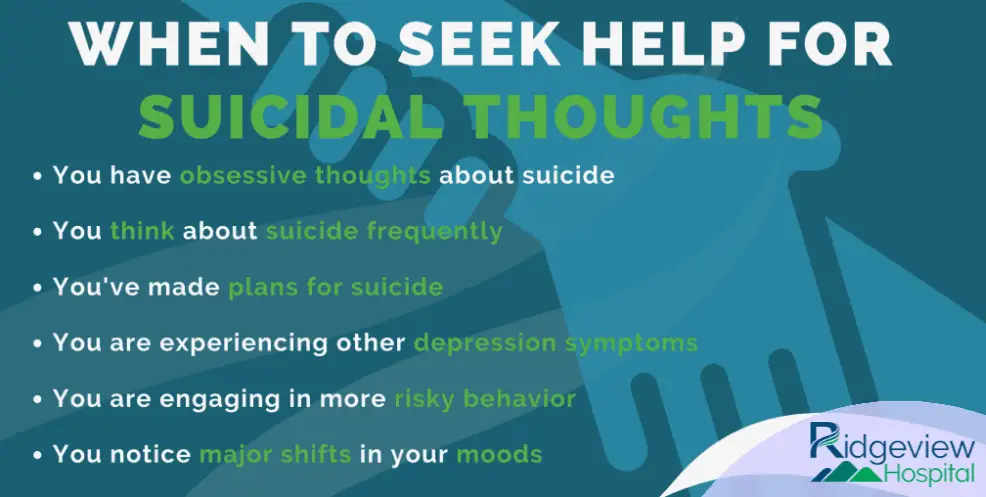Prioritizing Your Well-Being: The Importance of Self-Care
Introduction: In the midst of life’s demands and responsibilities, taking care of yourself might often take a back seat. However, self-care is not a luxury; it’s an essential practice that contributes to your overall well-being and quality of life. In this guide, we’ll explore why self-care matters and how nurturing yourself can have a positive impact on every aspect of your life.

1. Physical Health: Self-care encompasses actions that support your physical well-being. Engaging in regular exercise, eating balanced meals, getting adequate sleep, and staying hydrated are all crucial for maintaining optimal health.
2. Mental Health: Caring for your mental health is equally important. Activities such as mindfulness, meditation, journaling, and engaging in hobbies can help reduce stress, anxiety, and promote a positive mindset.
3. Stress Reduction: Self-care acts as a buffer against the effects of stress. Taking breaks, practicing relaxation techniques, and participating in activities you enjoy can alleviate stress and prevent burnout.
4. Improved Relationships: When you prioritize self-care, you’re better equipped to engage in relationships. When you feel your best, you can offer more patience, empathy, and positive energy to those around you.
5. Enhanced Productivity: Investing time in self-care can actually boost your productivity. When you’re well-rested, mentally refreshed, and emotionally balanced, you’re more focused and effective in your tasks.
6. Boosted Self-Esteem: Engaging in self-care fosters a sense of self-worth. When you actively prioritize your needs and well-being, you send a message to yourself that you deserve love, care, and attention.
7. Prevention of Burnout: Consistently ignoring self-care can lead to burnout, characterized by physical, emotional, and mental exhaustion. Regular self-care acts as a preventative measure against reaching this point.
8. Increased Resilience: Self-care cultivates emotional resilience, helping you bounce back from setbacks and challenges. A well-nurtured self is better equipped to handle life’s ups and downs.
9. Setting Boundaries: Self-care involves setting boundaries that protect your time, energy, and emotional space. This practice enables you to prioritize what truly matters to you.
10. Role Modeling: Prioritizing self-care sets an example for those around you, including family, friends, and colleagues. Your self-care journey can inspire others to do the same.
11. Long-Term Health Benefits: Engaging in consistent self-care can contribute to long-term health benefits, such as reduced risk of chronic illnesses, improved immune function, and a higher quality of life as you age.
12. Self-Compassion: Self-care is an expression of self-compassion. Treating yourself with kindness and understanding translates into a healthier relationship with yourself and others.
Conclusion: Self-care is not selfish; it’s a vital investment in your overall well-being. By taking intentional steps to nurture your physical, mental, and emotional health, you’re equipping yourself with the tools to navigate life’s challenges with greater resilience, positivity, and fulfillment. Prioritizing self-care is a commitment to honoring yourself, improving your relationships, and creating a more balanced and meaningful life.
How Ridgeview Hospital Can Help
When you enroll at Ridgeview Hospital, you are taught techniques that can be applied even after you’ve left. With that being said, emotional sobriety starts when individuals receive dual diagnosis treatment for both their addiction and any coexisting mental health disorder.
If you have a dual diagnosis, co-occurring substance use treatment is one of the most effective treatment programs you can partake in. While participating in this program, you will learn ways to treat the symptoms of your addiction and psychiatric illness through a combination of methods.
Our co-occurring substance use treatment options include:
- Cognitive behavioral therapy
- Group therapy
- Recreational therapy
- Relapse prevention planning
- 12-step programming
In addition, Ridgeview Hospital’s adult psychiatric program is designed to be comprehensive enough to treat various mental health issues but flexible enough to accommodate individual patient needs.
Achieve Coping With Substance Withdrawal Symptoms at Ridgeview Hospital
At Ridgeview Hospital, our Middle Point, Ohio, center is dedicated to helping people get clarity by finding physical and emotional sobriety. In addition, our adult mental health program is designed to help you overcome your addiction and establish a strong foundation for sustained recovery.
From the moment you arrive, our team will work with you to create a plan to help you maintain physical and emotional sobriety.





















